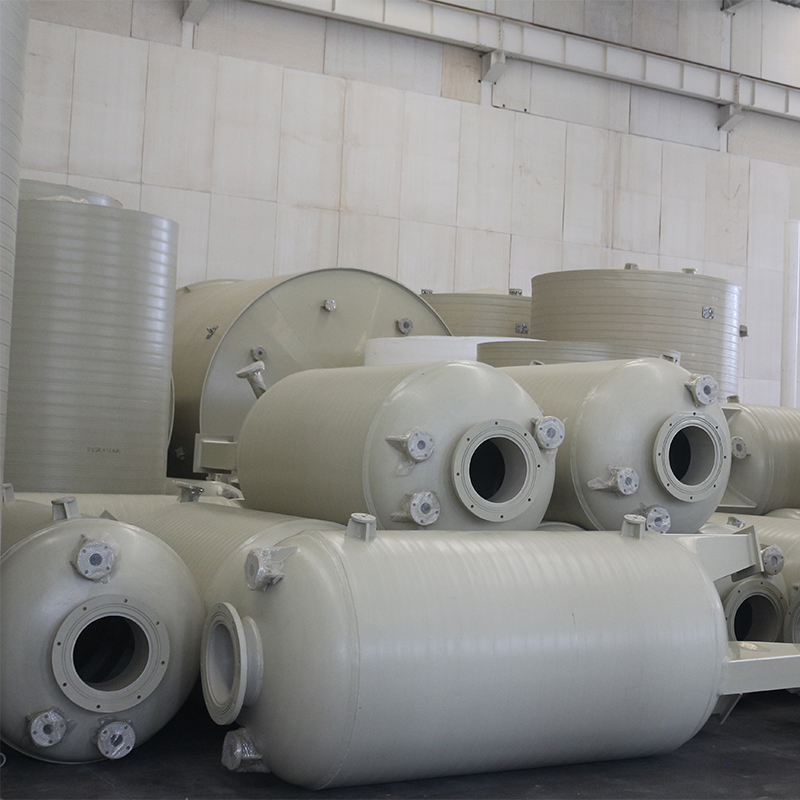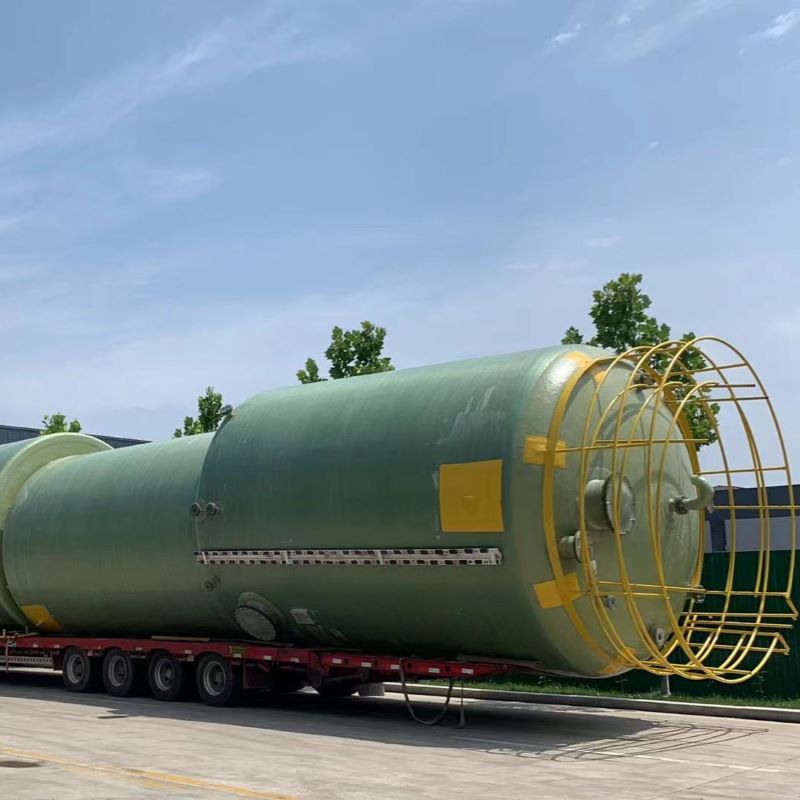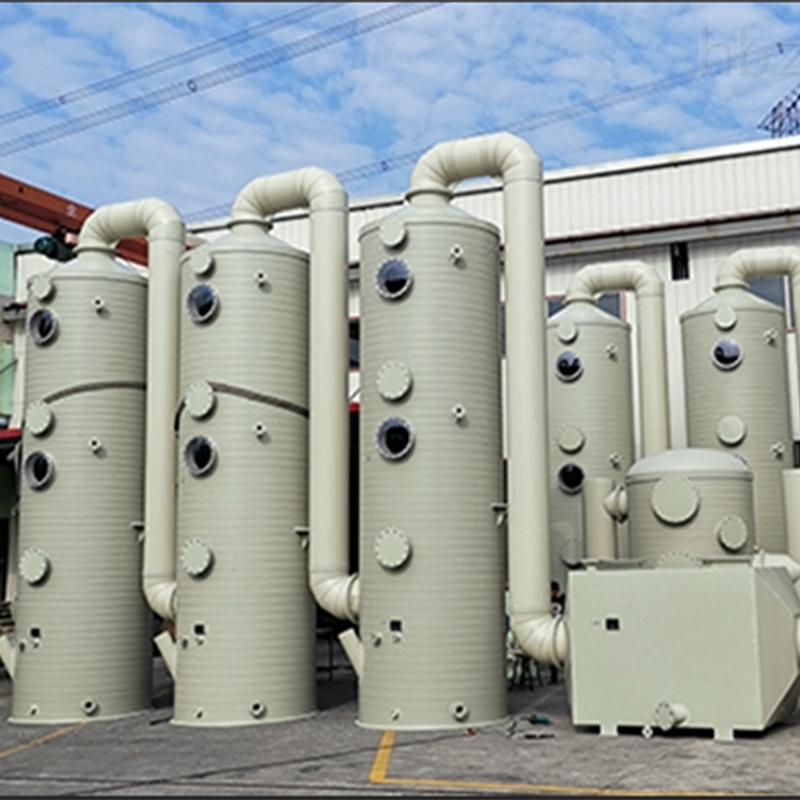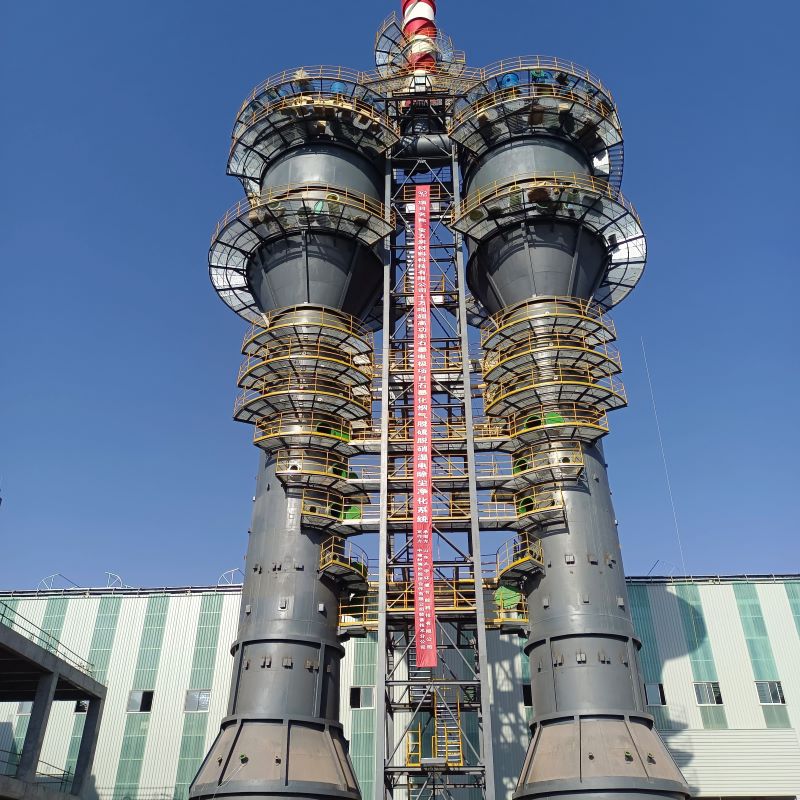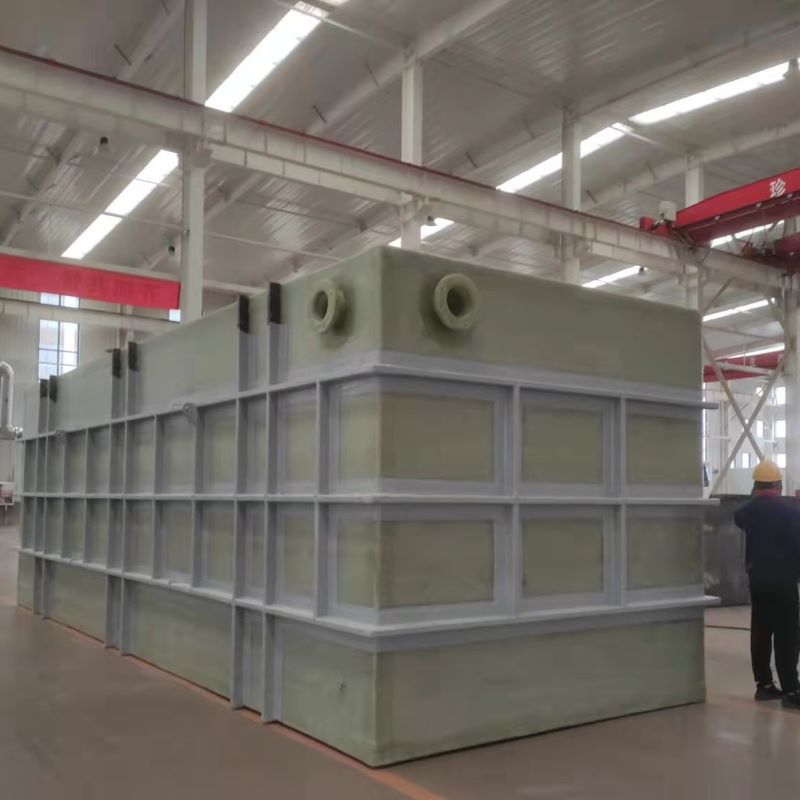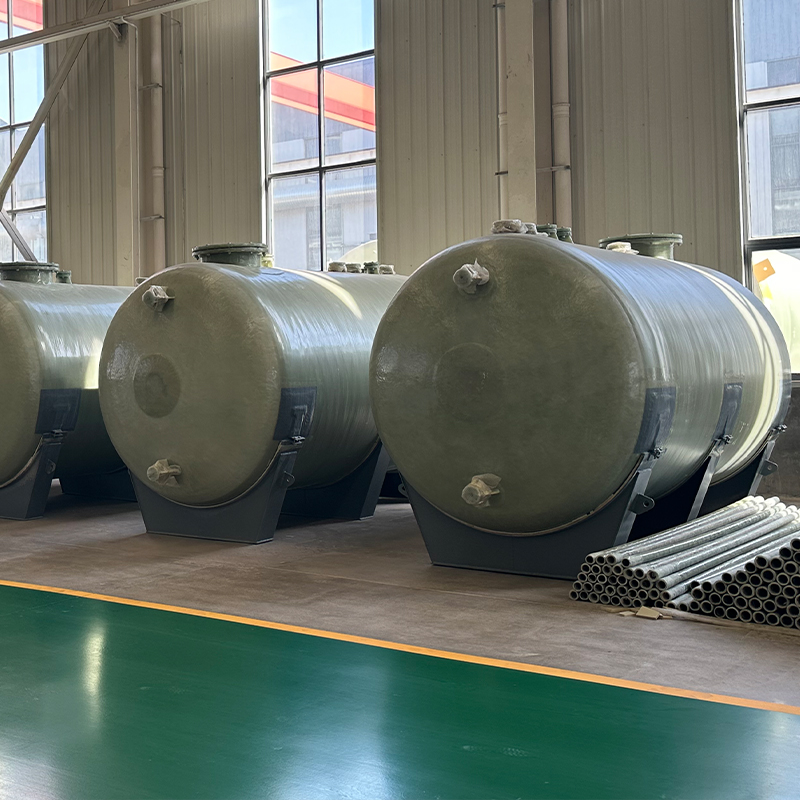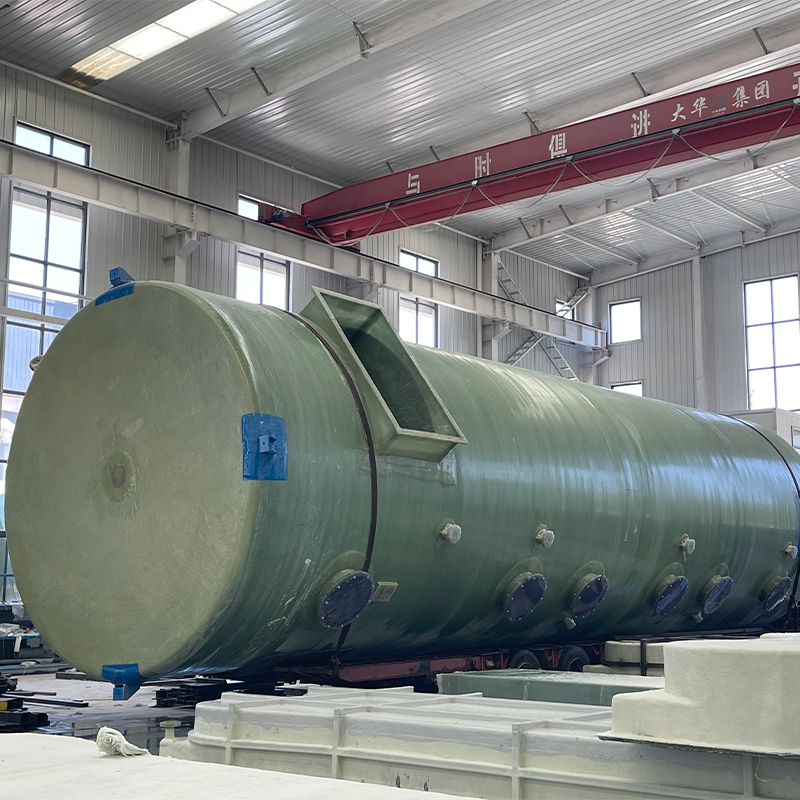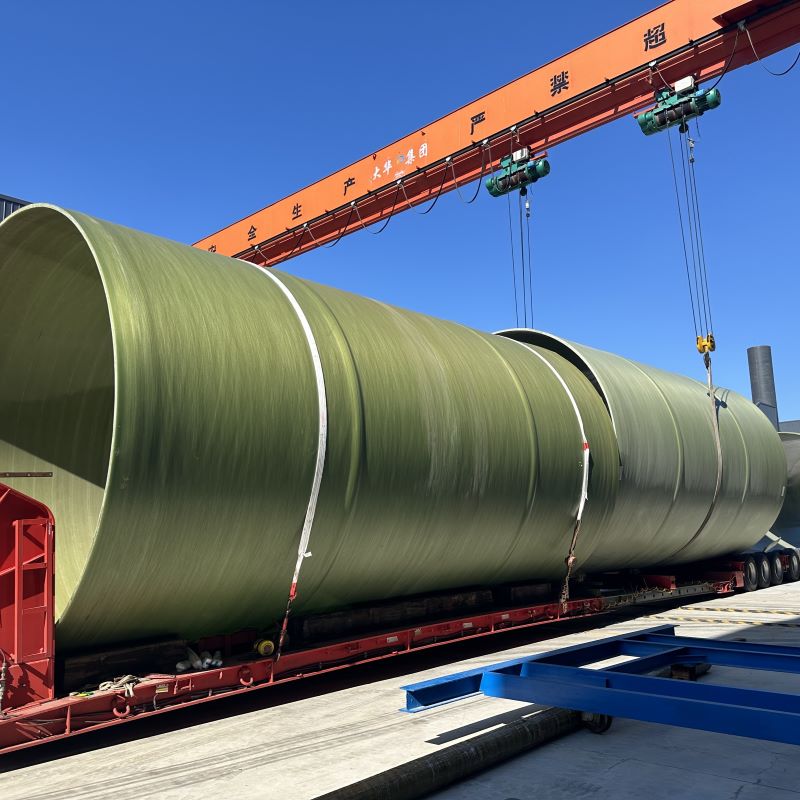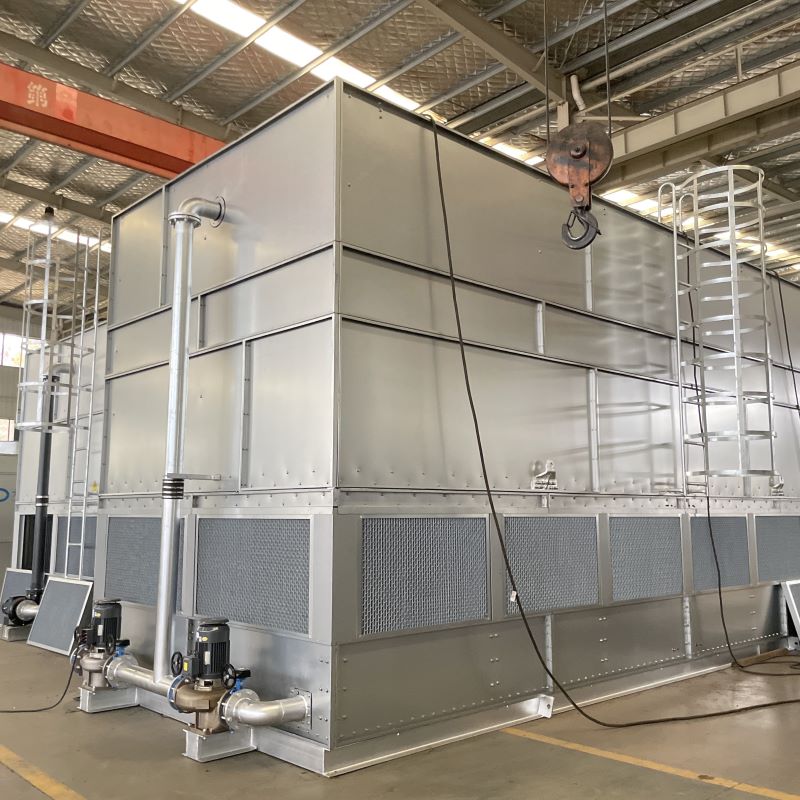
OEM ms frp tanks
The Truth About OEM MS FRP Tanks
OEM MS FRP tanks are often misunderstood in terms of their functionality and applications. Many perceive them as just another industrial container, but their role is more significant in environments requiring both customization and durability.
Understanding OEM MS FRP Tanks
At their core, OEM MS FRP tanks are engineered to offer custom solutions in storage and processing. They combine the structural strength of mild steel (MS) with the corrosion resistance of fiberglass-reinforced polymers (FRP). This combination isn't just technical jargon—it's what allows these tanks to stand out in demanding industrial applications.
One common oversight is underestimating the customization potential. These tanks can be tailored to specific needs, whether it's for chemical processing, wastewater management, or food storage. This adaptability makes them invaluable, especially in sectors with unique environment conditions.
I've seen firsthand how companies leverage this customization. For instance, a client in the chemical industry needed a tank resistant to a very specific acid at certain elevated temperatures. Standard off-the-shelf tanks wouldn’t cut it, but by working with an OEM, they got a tank tailored precisely for their needs, significantly reducing downtime and unexpected failures.
Common Pitfalls and Misconceptions
Despite their advantages, misconceptions about OEM MS FRP tanks persist. Many assume they're a costly option due to their specialized construction. While there's truth in their higher upfront cost, it's essential to look at the full lifecycle costs. Durability and reduced need for maintenance can result in significant long-term savings.
Another misconception revolves around installation complexities. In practice, these tanks often come with modular designs, easing installation processes and integration into existing systems. It's a functionality that often goes unnoticed during the initial selection phase.
I recall a project where a water treatment company initially balked at the perceived complexity. However, once they understood the modular setup and saw how it integrated smoothly with their system, their apprehensions vanished, and they benefited from the setup's efficiency.
Design and Manufacturing Considerations
The design process for these tanks is meticulous. Manufacturers like those associated with SD Dahua Group focus heavily on understanding the operational environment. The combination of MS and FRP involves multiple layers, each serving a specific purpose to handle pressure, chemical exposure, and mechanical stress.
Manufacturers employ advanced simulation techniques to predict how tanks will react under various conditions. This foresight is critical, preventing failures that can be both costly and hazardous. When ordering, discussing these simulations can offer insights into long-term performance.
I once engaged in a project involving a custom-designed tank for processing high-density brine at elevated temperatures. By applying these simulations, we avoided potential failures and optimized the design for longevity.
Maintenance and Longevity
Proper maintenance is crucial. While FRP offers excellent corrosion resistance, neglect can still lead to issues. Regular inspections prevent minor problems from becoming significant failures. This isn't unique to OEM MS FRP tanks but it's a typical oversight in their management.
Given the potential environmental impact and operational disruptions of tank failures, companies must enforce routine checks. This involves scheduled inspections, preventative maintenance, and staff training to recognize early signs of wear and tear.
In practice, I've noticed operations that adopt such measures not only extend the life of their tanks but also enhance safety records dramatically. Simple, consistent practices can make a massive difference.
Choosing the Right Supplier
When sourcing OEM MS FRP tanks, selection of the right supplier is key. Opt for those with a track record of quality and reliability. It's more than just the product—it's about after-sales support, understanding client needs, and offering tailored solutions.
Companies like SD Dahua Group, which prioritize client collaboration and custom solutions, often provide a competitive edge. They don't just sell tanks; they offer solutions designed to meet specific industrial challenges.
The supplier's ability to respond quickly to inquiries and provide clear, actionable guidance throughout the purchase and installation processes can significantly impact the outcome. These are details often overlooked but are critical in practice.
Соответствующая продукция
Соответствующая продукция
Самые продаваемые продукты
Самые продаваемые продуктыСвязанный поиск
Связанный поиск- China Enclosed Closed-Circuit Cooling Tower product
- Insulation Bricks for Mannheim Potassium Sulfate Manufacturer
- Best FRP Tank product
- China Heat Exchange Equipment
- high quality Hybrid Evaporative Condenser supplier
- high quality FRP Equipment supplier
- Best FRP Storage Vat
- China Vertical FRP Tank product
- Best Condenser product
- Best Collection Tube Module supplier


